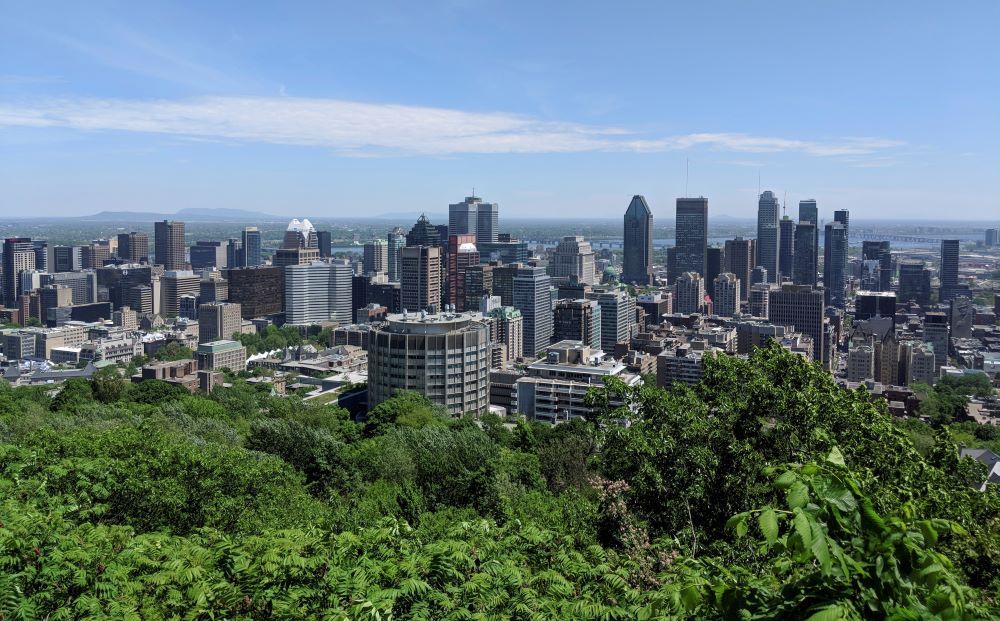The COP15 – the UN’s biodiversity conference
Starting Wednesday, COP15 kicks off in Montreal, Canada.

A few minutes every morning is all you need.
Stay up to date on the world's Headlines and Human Stories. It's fun, it's factual, it's fluff-free.
Just last month, COP27 took place in Egypt. Now, it’s time for COP15, which is a similar but separate international conference. They both revolve around the environment, but COP15 is the UN’s biodiversity summit, while COP27 is all about climate change. Starting Wednesday, COP15 kicks off in Montreal, Canada. Almost 200 countries will be represented, and there will also be tons of researchers and scientists attending.
The big issue that everyone is looking to tackle is the loss of biodiversity we’ve been seeing all over the planet. Whenever different species of plants, animals and other living things disappear, entire ecosystems are in danger. Currently, up to one million species are threatened with extinction, some within just decades from now. There are a few reasons so many living things are dying off: climate change, pollution, overexploitation, unsustainable land and water use and invasive species or disease.
According to Inger Andersen, the executive director of the UN environment program, “As far as biodiversity is concerned, we are at war with nature.” She added: “We need to make peace with nature. Because nature is what sustains everything on Earth … the science is unequivocal.”
Canada’s ambitious aim for this summit is for everyone to agree to conserve about a third of the planet by 2030 – a plan called the “30x30” target. Steven Guilbeault, environmental activist turned climate minister of Canada, explained: “One might argue, and I guess I am, that our 1.5 degrees is protecting 30% of lands and oceans by 2030. It is the biodiversity equivalent of the 1.5 degrees on climate change. And I think that’s one of our collective goals [for this summit].”
While this idea has already gotten the backing of countries like the UK, Costa Rica and France, there are also some real worries about it. Some Indigenous peoples and human rights groups warn that this initiative could lead to land grabs and violence against Indigenous communities which have already been protecting the environment. But, Guilbeault says that he’s been working with Indigenous groups on the proposal.




Comments ()